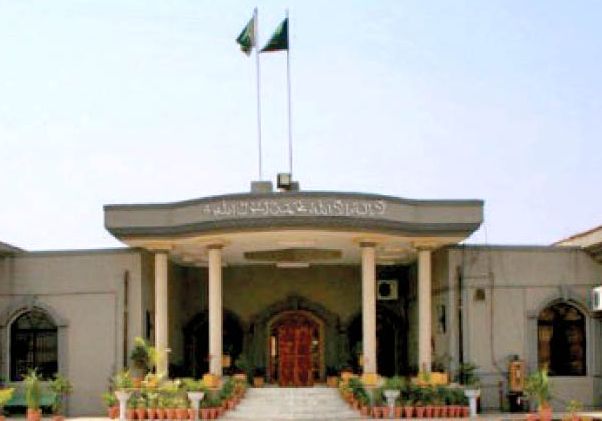IHC seeks performance report from missing persons body
Amna Masood Janjua wants Commission for Inquiry on Enforced Disappearance abolished

The Islamabad High Court on Tuesday sought detailed a report from the Commission for Inquiry on Enforced Disappearance on its performance and standard operating procedures (SOPs) to address the issue of missing persons.
IHC Chief Justice Athar Minallah asked the commission to tell the court about how it was formed, what its terms of reference (TORs) were and how they were implemented.
Justice Minallah was hearing the case about the recovery of journalist Muddasir Naro and other missing citizens.
The petitioner’s lawyer Iman Mazari appeared before the court.
The court said it wanted to decide these petitions as early as possible. Since the cases were pending, the State seemed disconnected with the matter while the victim families had been protesting, it added.
The court observed that the matter was sent to the cabinet but nothing came out of it. During the hearing, Defence of Human Rights' Amna Masood Janjua requested the court to terminate the commission and adopted the stance that it had issued production orders against 200 people but in vain.
“Where are these families supposed to go? What kind of commission does not even give its reports and production order? We want this commission to be abolished and a reconciliation commission to be formed,” she added.
The IHC CJ inquired as to who had arrived at the court represent the interior ministry.
“Your [interior] ministry has a negative impression,” he added.
The judge further noted that the report of the main commission was missing.
Justice Minallah further remarked that a court could play a role if the State failed to fulfill its responsibilities on the issue of fundamental rights. “This is not a helpless court to look at the petitions only. It can look into other matters as well.”
Amicus curiae Advocate Faisal Siddiqi said that the commission was formed under 1956 Act but it was given no powers. He added that there were cases in which the State was involved in enforced disappearances and it was proved that in most of the cases, enforced disappearances were state policy.
“Some missing persons were also kept in detention centres,” he added.
The court adjourned further hearing of the case till May 25.
(With input from APP)


















COMMENTS
Comments are moderated and generally will be posted if they are on-topic and not abusive.
For more information, please see our Comments FAQ